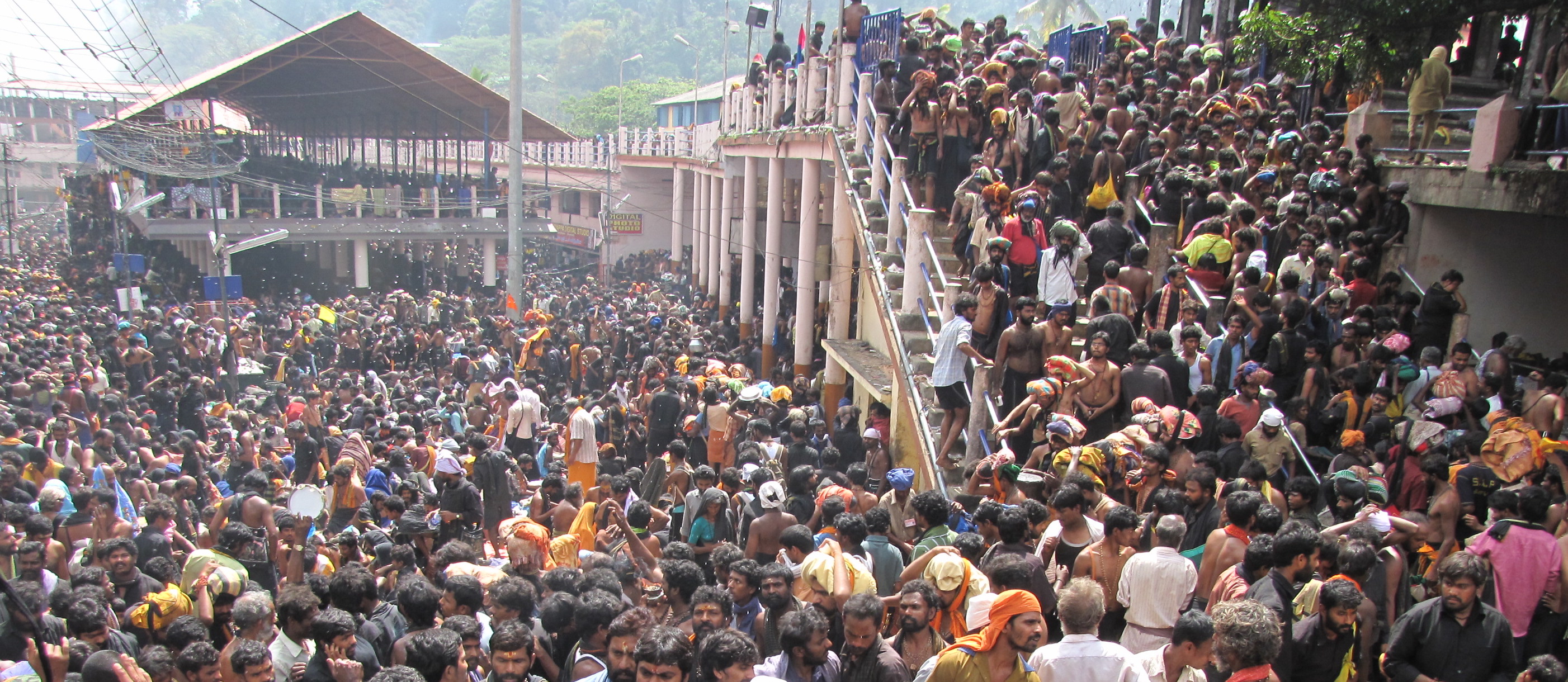
CHANDIGARH (TIP): The Central Governmenton December 18 notified the outbreak of AvianInfluenza in captive ducks and geese at SukhnaLake in Chandigarh, putting into operation the birdflu prevention and surveillance plan to sanitise theaffected area and prevent the infection fromspreading.The UT Administration late on December 18evening began culling and destroying around 150ducks and geese on the island in the lake after theAnimal Husbandry Division of the Ministry ofAgriculture confirmed H5N1 (highly pathogenicavian influenza) and instructed the administrationto cull the birds.Culling was restricted to the lake, where at leastone sample of the dead geese tested positive for birdflu at the National Institute of High SecurityAnimal Diseases Laboratory (HSADL), Bhopal.Migratory birds in and around the lake will not beculled, officials said.The operation was jointly launched by theAnimal Husbandry Department, Forest and WildlifeDepartment and Chandigarh Tourism DevelopmentCorporation (CITCO) under the supervision ofPrince Dhawan, Director, UT Animal HusbandryDepartment.Rajbir Singh Rana, Joint Secretary (LivestockHealth), Animal Husbandry, and the nodal officerfor the animal disease outbreaks in the country, saidthe lake would have to be sanitised for three monthsas part of the surveillance plan to end the infection.“We have notified the outbreak of H5N1 incaptive ducks and geese at Sukhna Lake and theculling operations are on.We are also sending analert on avian influenza in Chandigarh to the WorldOrganization for Animal Health. The next step afterthe culling operations will be to sanitise the areaand undertake active surveillance for threemonths,” Rana said.“The movement around the lake will remainrestricted for a month to begin with and possibly forthree months, which is our normal drill as part ofthe surveillance programme. The idea is to sanitisethe area,” he said. The Animal HusbandryDepartment said samples of the lake water will alsobe screened to rule out infection. “Teams from ourBhopal lab will be sent for environmental samplingof water and droppings of infected birds at SukhnaLake. The future course of action will depend on theresults of those samplings,” Rana said.Around 60 samples taken from migratory birdshave come out negative at a Jalandhar laboratory.The samples of around 25 ducks at Golf Club inChandigarh were also negative.Anup Kumar Thakur, secretary, AnimalHusbandry, said there was no reason to panic sincethe infection was localised around the Sukhnaisland. “The scale of the problem in Chandigarh isnot the same as was reported recently in Kerala.Weare keeping a close watch,” Thakur said.Dr Lovelesh Kant Gupta, Joint Director, UTAnimal Husbandry Department, and nodal officerfor the operation, said the island would have to bekept out of bounds for people for a year. Onconsumption of eggs or poultry products, he saidthe avian influenza virus vanished if the food wascooked at 70 degree heat. “Once you cook yourchicken or eggs properly, there is no problem,” hesaid. The UT Administration will send its report onculling to the Centre on December 19. The Ministryof Health dispatched a central team to assess publichealth consequences of the culling operations andbird flu in and around Sukhna. The central teamwill assist the team engaged in culling and watchout for respiratory tract infections in the populationwithin a 3-km radius of the lake





Be the first to comment